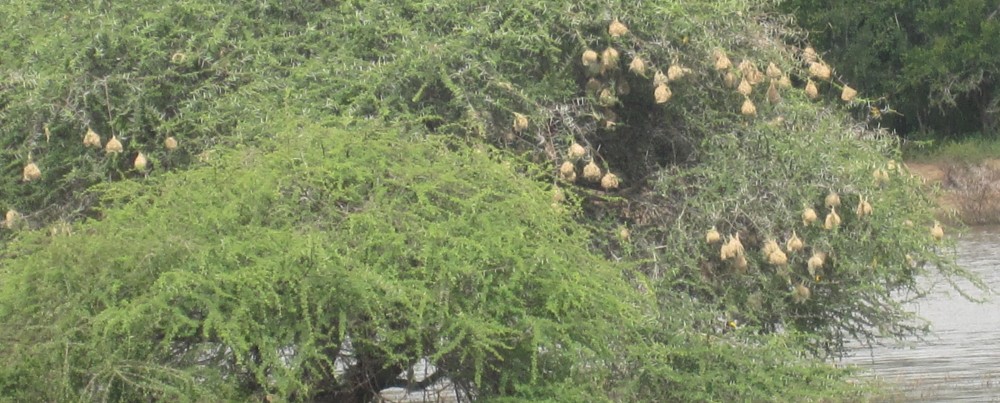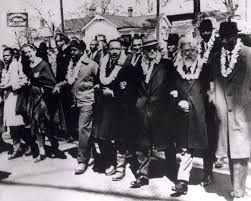Recently I attended a lecture by Jean-Marc Liling at the conference of the European Union for Progressive Judaism. One of his statements really struck home. Referring to the many migrants rescued from the waters of the Mediterranean Sea, he reminded us of how the greatest leader of Judaism found safety having been first hidden in a basket in the reeds on the Nile and then rescued by a woman in the Pharaonic household. She is the one who gives him his name when she adopts him, She calls him Moses/Moshe, because ““I have drawn him from the water – min ha mayim m’shitihu”
Day after day and year after year we hear of the stories of people who are fleeing their homes because of warfare and violence, and who are looking for safety across the Mediterranean sea. Earlier this week the humanitarian group SOS Méditerranée wrote on twitter that its rescue boat Aquarius had taken in 629 migrants, including 123 unaccompanied minors, 11 other children and seven pregnant women. They would take them to a safe port as usual – but the Italian government refused to allow the ship to dock. Even though the mayors of the port cities such as Palermo, Naples, Messina and Reggio Calabria, said they were ready to disobey Salvini’s order and allow Aquarius to dock and disembark in their seaports, the lack of coastguard meant they could not do so. The ship eventually ended up able to disembark its frightened, exhausted and distressed passengers in Spain, after an agonisingly protracted negotiation and a further period of enduring the stormy seas.
Today The Coast Guard ship Diciotti, arrived in the port of Catania, with 932 migrants on board. They were rescued during 7 rescue operations off Libya, and I read that five of the refugees, four pregnant women and a minor, have already been transferred to Sicilian hospitals. On board the ship there are also two corpses, recovered during the rescue interventions.
As a Jew, as a person born with the privilege of a western passport and life, as a human being, I read the stories of these refugees with pity, compassion and some horror. I am only one generation away from refugee status. My father came as an unaccompanied minor to the UK leaving behind his family in Germany. His father survived Dachau but died stateless –sans papiers – in Switzerland, days after the Swiss Government saw fit to refuse him leave to stay in their country because he was a refugee. My mother was born to parents who fled the anti-Semitic constraints of living as Jews in Eastern Europe. They had arrived there, so family tradition relates, from Spain – when Jews were forcibly converted or killed or fled from the Inquisition. I am not remotely unusual in the Jewish world. Scratch most Jews and you will quickly find the story of a refugee.
What does Judaism say to us to help us understand? Right at the beginning of bible Cain asks the question “Am I my brother’s keeper?” He appears to think that he should not have to be responsible for any other human being, but the answer from God is clear and unequivocal. Yes, we are responsible for each other. We are each other’s brothers and sisters, we have a human link with each other which cannot be dissolved.
Abraham in Hebron, describes himself as a stranger and sojourner (ger v’toshav Anochi) (Gen 23:3-4) and asks to be allowed to bury his wife.
The most frequent mitzvah in bible is to care for the stranger, the refugee and the vulnerable who live among us – for example- “And if a stranger (Ger) sojourn with you in your land, you shall not do them wrong. The stranger that sojourns with you shall be to you as the home born among you, and you shall love them as yourself; for you were strangers in the land of Egypt. I am the Eternal your God. (Lev. 19:33-34)
And Moses, the one who reminds us again and again to care for the stranger and those who live amongst us and need our help – Moses was drawn from the water having been put there to flee a death sentence which had been decreed by a violent political power determined to ethnically cleanse his country.
In the Yizkor section of the British Reform Machzor is a prayer that speaks of the many lives lost in pogroms and in Shoah. It speaks of the laughter that was lost, the poetry never written, the science never developed, the music never composed. It lists all the things that died when the people who should have done them died. Not just the descendants who never got born, but the ideas, the humanity, the connections and the learning of the people, which never had chance to form. When I think about Moses being rescued from certain death in the water, whose life hung on a thread after the political powers determined to play out their own warped agenda, I cannot now forget the question asked at that lecture. What have we lost as we allow the migrants to die in the Mediterranean Sea? The United Nations estimates that at least 500 people have already died in 2018 trying to cross the central Mediterranean, following some 2,853 fatalities last year.
What have we lost by not caring enough to help these people? Not just lives, though that would be bad enough but all the things that would have come from those lives.
The bible tells us that God says to Cain, who had killed his brother ‘The bloods of your brother cry out to Me’ (Genesis 4:10) — and rabbinic tradition, noting the plural that the sentence is cast in, read that it is not only his blood but also the blood of his potential descendants….The Mishnah (Sanhedrin 4:5) continues: Therefore was the first human being, Adam, created alone, to teach us that whoever destroys a single life, the Bible considers it as if he destroyed an entire world. And whoever saves a single life, the Bible considers it as if they saved an entire world. Furthermore, only one human being, Adam, was created for the sake of peace among people, so that no one should say to their fellow, ‘My father was greater than yours….
We are a people whose national and foundational stories are of being refugees. We are a people whose great figures – Abraham and Moses, are themselves refugees, Ivri’im, people who cross over from one place to another, in search of a safe place to be themselves. When, as Jews, we read the stories coming out of the desperate people crossing the sea in leaky overcrowded boats in order to escape a terrible existence – or even death – in their own country, our response has to be practical and immediate. We cannot turn away. We cannot parrot the lines about people being economic migrants or ”just” looking for a better life and absolve ourselves of responsibility.
The boat that docked today in Catania is called Diciotti. It is connected to the word 18. 18 is, in Hebrew, Het Yod – Hai –Life. It seems to me a call to remind us to choose life, not only for ourselves and our families, but for all who need our help for them to also choose life.
Rabbi Sylvia Rothschild 13th June 2018

